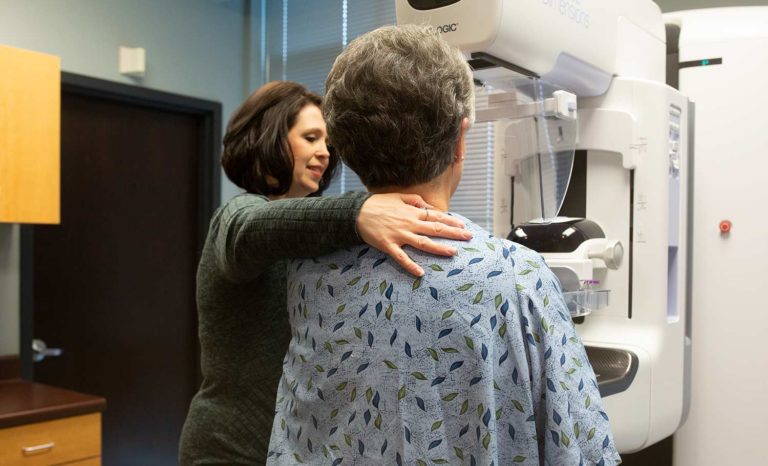Infertility Struggles: A Journey Many Face
Infertility is a challenging and often emotional journey that affects 1 in 8 couples. For many, it involves difficulty getting pregnant or maintaining a pregnancy. Infertility can make people feel isolated, confused, or even hopeless. However, it’s important to know that you are not alone. Advances in medical science, increasing awareness, and growing support networks are offering new hope to those struggling with infertility.
Understanding Infertility and Its Emotional Impact
Infertility is defined as the inability to conceive after trying for a year without using birth control. While it is often thought of as a women’s issue, infertility affects both men and women equally. However, societal stigma often focuses on women, leading to misunderstandings and unnecessary shame.
For many women, hearing the word “infertility” can bring a sense of anxiety, sadness, or guilt. These feelings are understandable, as infertility can feel like a personal failure. This emotional weight can have a lasting impact on relationships, both with partners and loved ones. It can affect mental and emotional well-being, making the physical aspects of infertility seem even more difficult.
Men, too, may experience feelings of guilt or frustration, especially when faced with a diagnosis of male infertility. It’s important to acknowledge that infertility is a shared experience for many couples, not something to feel shame about.

What are the causes of infertility?
Infertility can result from a wide variety of causes, some of which are within a person’s control and others that are not. Below are some of the most common factors that contribute to infertility:
-
1: Hormonal and Ovulation Issues
Hormonal imbalances are one of the most common causes of infertility. Conditions like polycystic ovarian syndrome (PCOS), insulin resistance, diabetes, and thyroid disorders can interfere with normal ovulation. Ovulation is the process where a woman’s ovary releases an egg, and when it doesn’t occur regularly, it can be hard to get pregnant. Extreme stress can also disrupt ovulation, making it harder for a woman to conceive.
-
2: Structural Issues with the Uterus and Fallopian Tubes
Sometimes, infertility is caused by problems with the structure of the reproductive organs. Issues, like blocked fallopian tubes or abnormalities in the uterus, can prevent the egg and sperm from meeting. Conditions such as endometriosis can cause scar tissue that blocks the fallopian tubes, and fibroids—noncancerous growths in the uterus—can interfere with implantation, making it difficult for a fertilized egg to attach to the uterine wall.
-
3: Age-Related Infertility
A woman’s fertility naturally declines as she gets older, particularly after the age of 35. By this time, a woman’s egg quality and quantity significantly decrease, making it harder to conceive. While some women may still get pregnant in their late 30s or early 40s, fertility treatments may be necessary. Women may also face the possibility of early menopause, further decreasing the chances of natural conception.
-
4: Lack of Ovulation Knowledge
Many women may not properly track their ovulation or menstrual cycle. Ovulation is the time in the cycle when a woman is most fertile, and knowing when this happens can help improve the chances of conception. Without this knowledge, couples may miss the best times to try and conceive.

Knowing your cycle is key. Track your ovulation to boost your chances of conceiving. -
5: Male Factor Infertility
While infertility is often thought of as a female issue, about 30% of infertility cases are due to male factor infertility. Issues with sperm count, motility (how well sperm swim), and morphology (the shape of sperm) can all make conception difficult. A simple semen analysis can help diagnose male infertility, which can often be treated with medication or procedures like intrauterine insemination (IUI) or in vitro fertilization (IVF).
The Infertility Testing and Diagnosis Process
When a couple has been trying to get pregnant for a year or longer without success, it’s a good idea to seek medical help. A doctor or fertility specialist will guide them through the testing and diagnosis process, which typically includes several steps:
- A thorough medical history review: The doctor will ask about the couple’s health, past pregnancies, and any medical conditions that could be affecting fertility.
- Physical exams: For women, a pelvic exam may be performed to check for any structural issues in the reproductive organs. For men, a physical exam can help identify any issues with sperm production.
- Hormonal blood tests: These tests can measure hormone levels in the woman’s blood to check if she is ovulating properly.
- Ultrasounds: For women, ultrasounds can check for structural abnormalities in the uterus, ovaries, and fallopian tubes.
- Imaging tests: These tests, like hysterosalpingography (HSG), can look for blockages in the fallopian tubes.
- Semen analysis: This test checks the quality and quantity of sperm and can diagnose male infertility.
Based on these tests, the doctor may recommend treatments such as fertility medications, IUI, or IVF. In some cases, a couple may be referred to a fertility specialist for more advanced care.
Emotional and Financial Challenges of Infertility Treatment
Going through infertility treatments can be physically, emotionally, and financially exhausting. Many couples are unaware that most infertility treatments are not covered by insurance, leading to a significant financial burden. Medications, procedures, and hormone therapies can be expensive, and the costs often add up over time. This can add stress to an already challenging journey.
It’s important to remember that infertility treatments can take time. Some people may need several rounds of treatment before they achieve success. Understanding the emotional and financial challenges can help couples better prepare for the road ahead.
 Autumn Hoover, MSN, APRN, NP-C
Autumn Hoover, MSN, APRN, NP-CBreaking the Silence: The Power of Shared Stories
While infertility can be an isolating experience, many people are sharing their stories more openly. Social media has provided a platform for people to talk about their struggles and successes, helping to reduce the stigma surrounding infertility. Sharing personal experiences allows others to feel less alone and find comfort in knowing that they are not the only ones going through this.
By continuing to have these open conversations, we can raise awareness, reduce stigma, and provide education for those experiencing infertility. Support groups, online communities, and healthcare professionals can all play important roles in offering encouragement and understanding.
Looking Forward: Finding Hope After Infertility
While the road to parenthood may seem uncertain, there are many options available for those struggling with infertility. From fertility treatments like IUI and IVF to adoption or surrogacy, there are ways to build a family. For some couples, exploring other options may be the best path to becoming parents.
If you are facing infertility, don’t hesitate to reach out to a healthcare provider. Talking to a gynecologist or fertility specialist can help you better understand your options and what treatments may be best for you.
Remember, there is hope. Advances in medicine and increased support are making it easier for many to find a path to parenthood, and you don’t have to go through it alone.
Conclusion
Infertility is a difficult and often emotional experience, but it’s important to know that help is available. Understanding the causes of infertility, seeking the proper tests and treatments, and finding emotional support can make a significant difference in the journey toward parenthood. Whether through medical treatments, adoption, or another option, there is hope for the future. If you’re struggling with infertility, don’t wait. Schedule an appointment with one of our women’s health specialists today. Don’t be afraid to ask for help when needed, and know that you are not alone in this journey.









